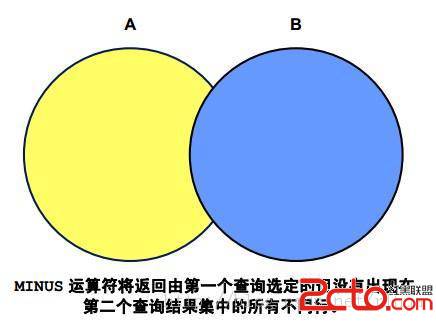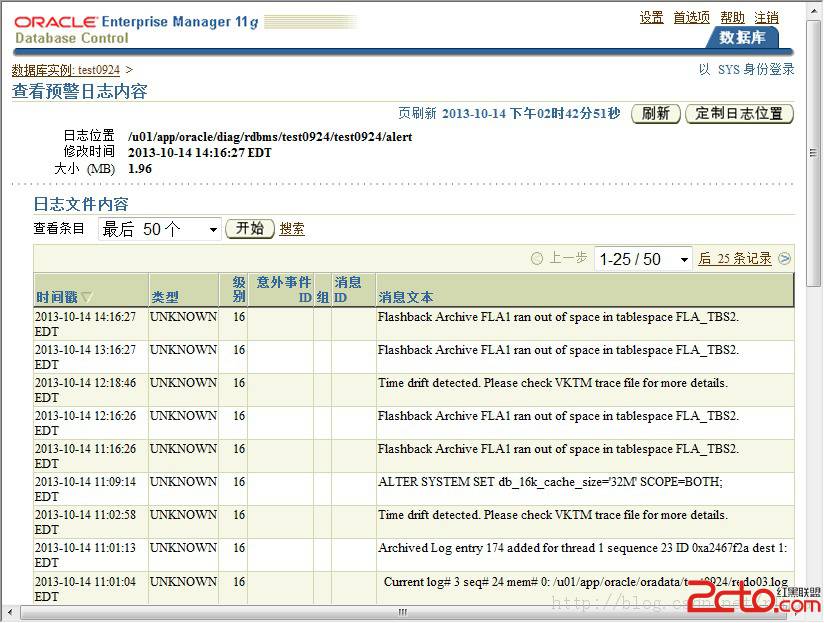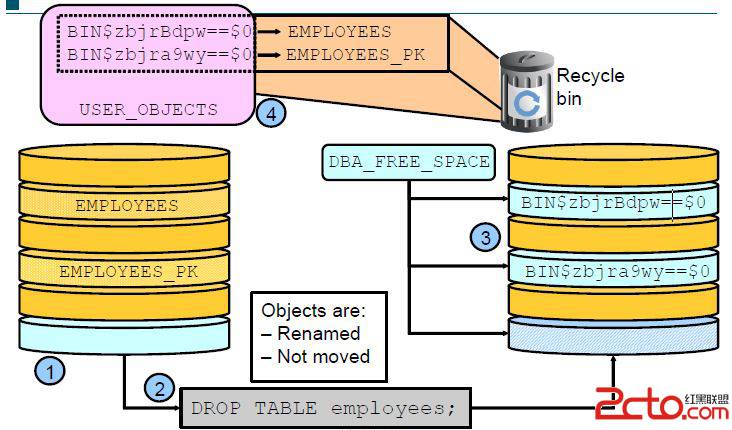load profiles of oracle war
load profiles of oracle war
This article gives a glimpse of the oracle database workload activity that occurred within the snapshot interval. For example, the load profile below shows that an average transaction generates about 18K of redo data, and the database produces about 4.9K redo per second.
[sql]
Load Profile Per Second Per Transaction Per Exec Per Call
~~~~~~~~~~~~ --------------- --------------- ---------- ----------
DB Time(s): 7.7 1.8 0.00 0.04
DB CPU(s): 6.3 1.5 0.00 0.03
Redo size: 49,542.2 11,460.9
Logical reads: 449,830.4 104,061.8
Block changes: 289.0 66.9
Physical reads: 63.4 14.7
Physical writes: 21.0 4.9
User calls: 212.4 49.1
Parses: 15.5 3.6
Hard parses: 2.2 0.5
W/A MB processed: 3,643.2 842.8
Logons: 0.6 0.2
Executes: 3,322.1 768.5
Rollbacks: 0.1 0.0
Transactions: 4.3
The above statistics give an idea about the workload the database experienced during the time observed. However, they do not indicate what in the database is not working properly. For example, if there are a high number of physical reads per second, this does not mean that the SQLs are poorly tuned.
This workload information is intended to be used along with information from other sections of the AWR report in order to learn the details about the nature of the applications running on the system. The goal is to get a correct picture of database performance.
The following list includes detailed descriptions for particular statistics:
Redo size: The amount of redo generated during this report.
Logical Reads: Calculated as (Consistent Gets + DB Block Gets = Logical Reads).
Block changes: The number of blocks modified during the sample interval.
Physical Reads: The number of requests for a block that caused a physical I/O operation.
Physical Writes: Number of physical writes performed.
User Calls: Number of user queries generated.
Parses: The total of all parses; both hard and soft.
Hard Parses: The parses requiring a completely new parse of the SQL statement. These consume both latches and shared pool area.
Soft Parses: Soft parses are not listed but derived by subtracting the hard parses from parses. A soft parse reuses a previous hard parse; hence it consumes far fewer resources.
Sorts, Logons, Executes and Transactions: All self-explanatory.





